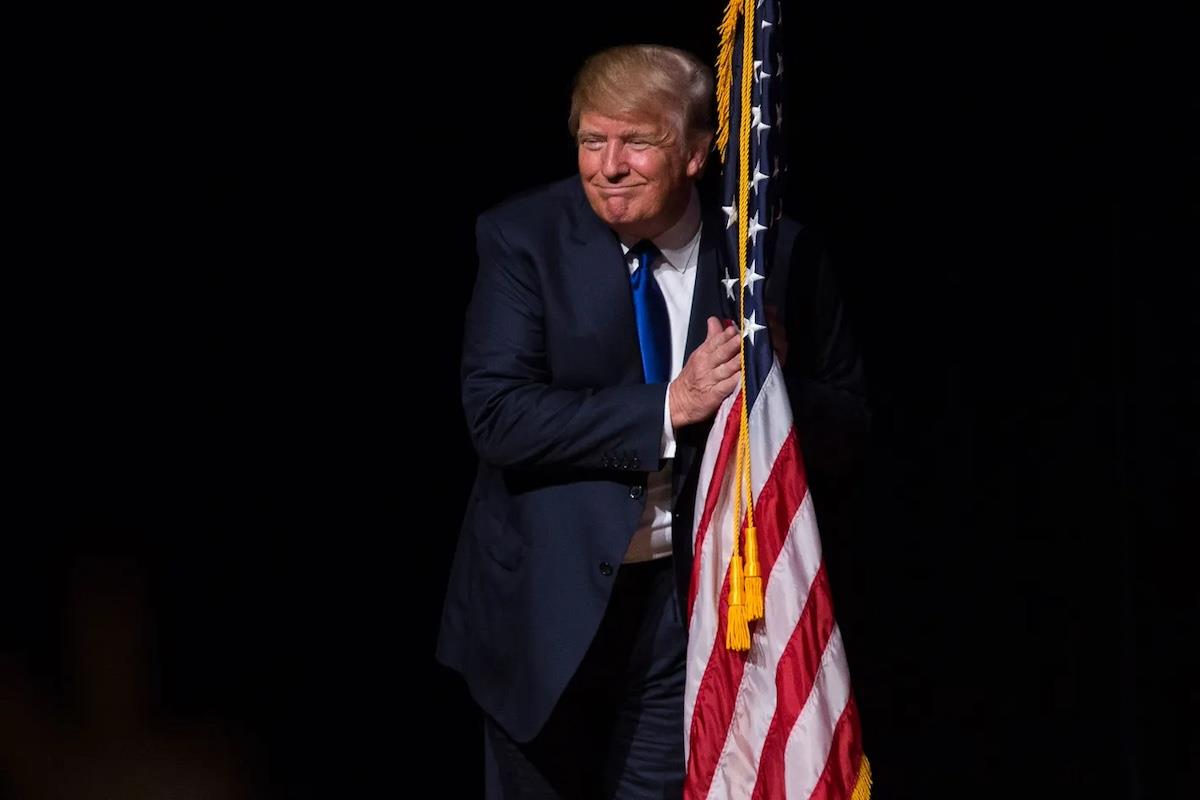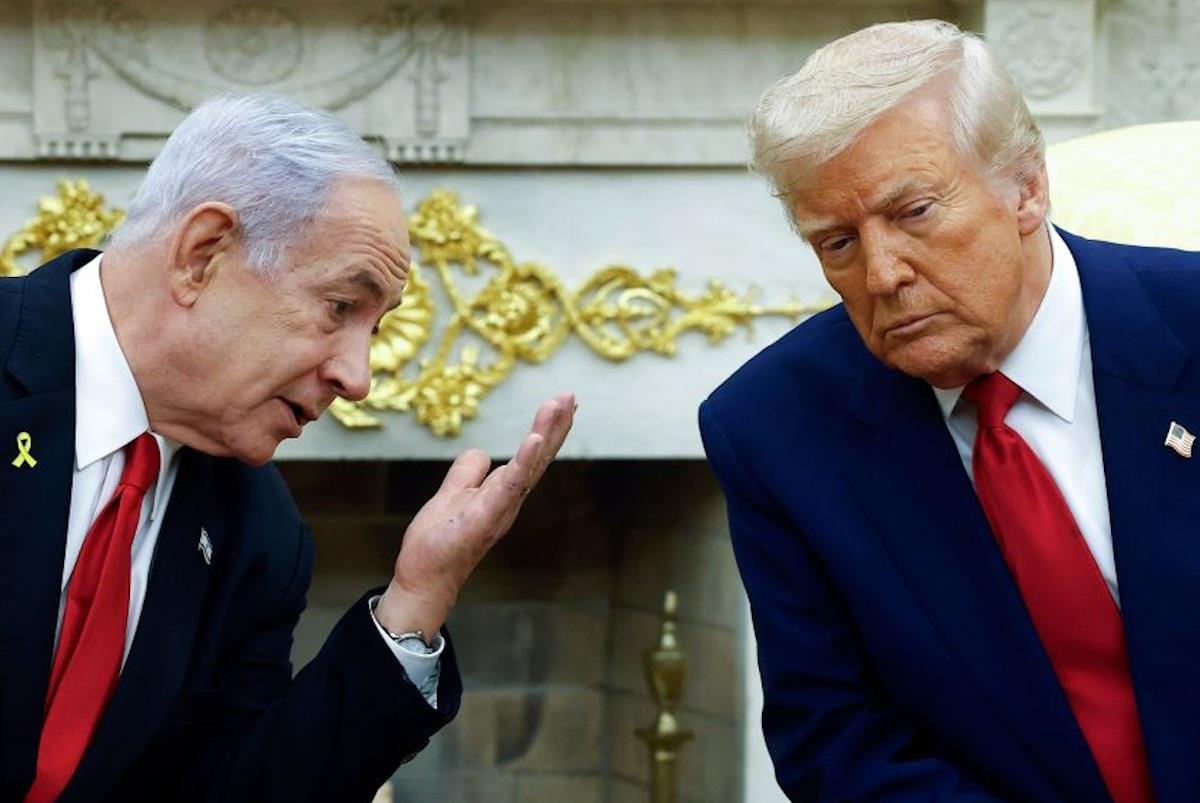
Trump's Tariff Onslaught Is The New Imperialism
What began as a populist revolt against perceived unfairness in free trade in the 2010s has metastasized into a calculated assault on the post-war global trading system that the United States itself designed and established.
Trump's policies-escalating tariffs on imports from rivals like China and allies such as Canada and the European Union alike-represent not mere protectionism but a brazen reconfiguration of world trade to entrench American global hegemony.
This is imperialism rebooted for the 21st century: wielding economic coercion as a cudgel to extract concessions, fragment alliances and redraw rules in Washington's favor with the help of US military might. Far from“making America great again”, these measures risk impoverishing its consumers, alienating partners and accelerating a multipolar world where the dollar's dominance wanes.
To grasp the audacity of Trump's gambit, consider the trajectory. During his first term, he upended the orthodoxy of free trade, slapping tariffs on steel and aluminium imports under the guise of national security grounds-a flimsy exemption from Article XXI of the General Agreement on Tariffs and Trade (GATT), the cornerstone of the World Trade Organization (WTO). Targets included not just China, but steadfast partners like Canada, Mexico and the EU.
Joe Biden, far from reversing course, doubled down by retaining most of these levies while pursuing“friend-shoring” to lure manufacturing back home. Both Democrats and Republicans, once champions of the free trade regime the US forged after 1945, have pivoted to mercantilism.
The result? A bipartisan consensus that globalization's fruits-cheaper goods for American households-must yield to the siren call of industrial revival, even if it means higher prices and slower economic growth.
Trump's return to power in 2025 has turbocharged this shift. Eschewing the scattershot approach of old, his team has orchestrated a blitz of reciprocal tariffs, invoking the International Emergency Economic Powers Act (IEEPA) to declare the US trade imbalances a“national emergency.”
In April, he unveiled a baseline 10% duty on imports from virtually all trading partners, escalating to 25% on steel and aluminium globally, and up to 50% or more on autos, electronics and select goods from high-deficit nations like China, India and Brazil.
By May, these measures blanketed over $2.3 trillion in imports-71% of America's total-tripling the average tariff rate to 11.6%, the highest since the 1930 folly of the Smoot-Hawley Tariff Act .
Critics, from the IMF to Wall Street, decry this as“chaotic madness.” On the surface, Trump's bombast-tweets threatening 50% duties on China one day, 25% on Canada the next-invites the charge.

Legal Disclaimer:
MENAFN provides the
information “as is” without warranty of any kind. We do not accept
any responsibility or liability for the accuracy, content, images,
videos, licenses, completeness, legality, or reliability of the information
contained in this article. If you have any complaints or copyright
issues related to this article, kindly contact the provider above.





















Comments
No comment